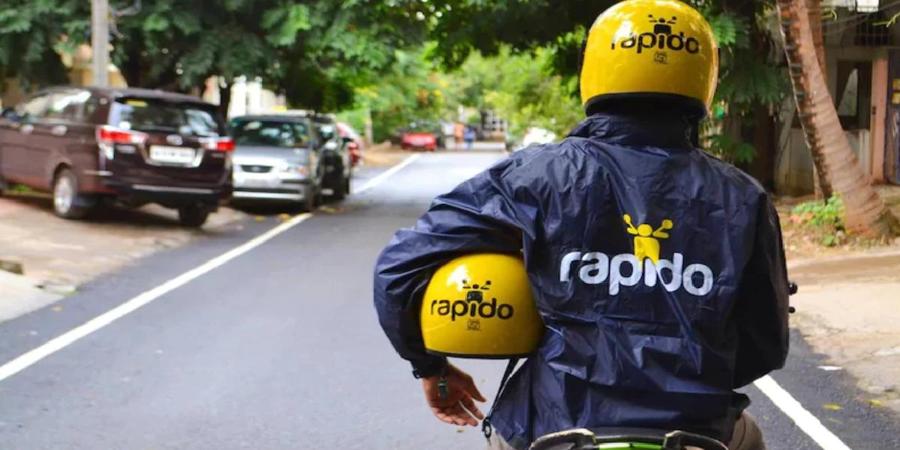Bike taxi startup Rapido has partnered with RACEnergy, a pioneer in deep technology for battery swapping, to deploy electric autos (E-autos) across the country.
According to the company’s statement, The deployment of e-Autos will begin in Hyderabad and scale to other cities by the end of December 2023. These autos’ will be integrated with RACE’s advanced swapping technology, giving them access to a strong network of swap points.
Rapido brings a large customer base to the table, with over a million rides per day while RACEnergy’s advanced tech-enabled electric autos with zero downtime help bring a smarter and cleaner alternative to the masses.
Aravind Sanka, Co-founder of Rapido, said, “This partnership is a great step towards a green sustainable transport solution. There’s always a constant effort at Rapido to serve our customers with the best experience possible. RACEnergy’s battery-swapping technology and energy-dense batteries will help us make electric transport available for the masses. We see this partnership benefitting both parties, this is a welcome addition to our fleet, with e-vehicles steadily making their grounds in the Indian market, we are always game to embrace the future.”
Arun Sreyas, Co-founder & CEO of RACEnergy, said, “We join hands with Rapido in our collaborative mission to revolutionise last-mile transportation through our cutting-edge battery-swapping technology. By partnering with Rapido, we aim to expand the reach of our solutions and provide more commuters with access to our technology. This will enable us to expand our network to multiple cities and onboard a greater number of e-Auto drivers. As a result, we anticipate higher battery utilisation and circulation.”
Notably, RACEnergy is one of the first companies in India to receive the AIS 156 safety certification for its swappable battery packs. Certified by the Automotive Research Association of India (ARAI), this is on par with the highest acceptable global safety standards for EV batteries.
Source @Indianstartupnews



